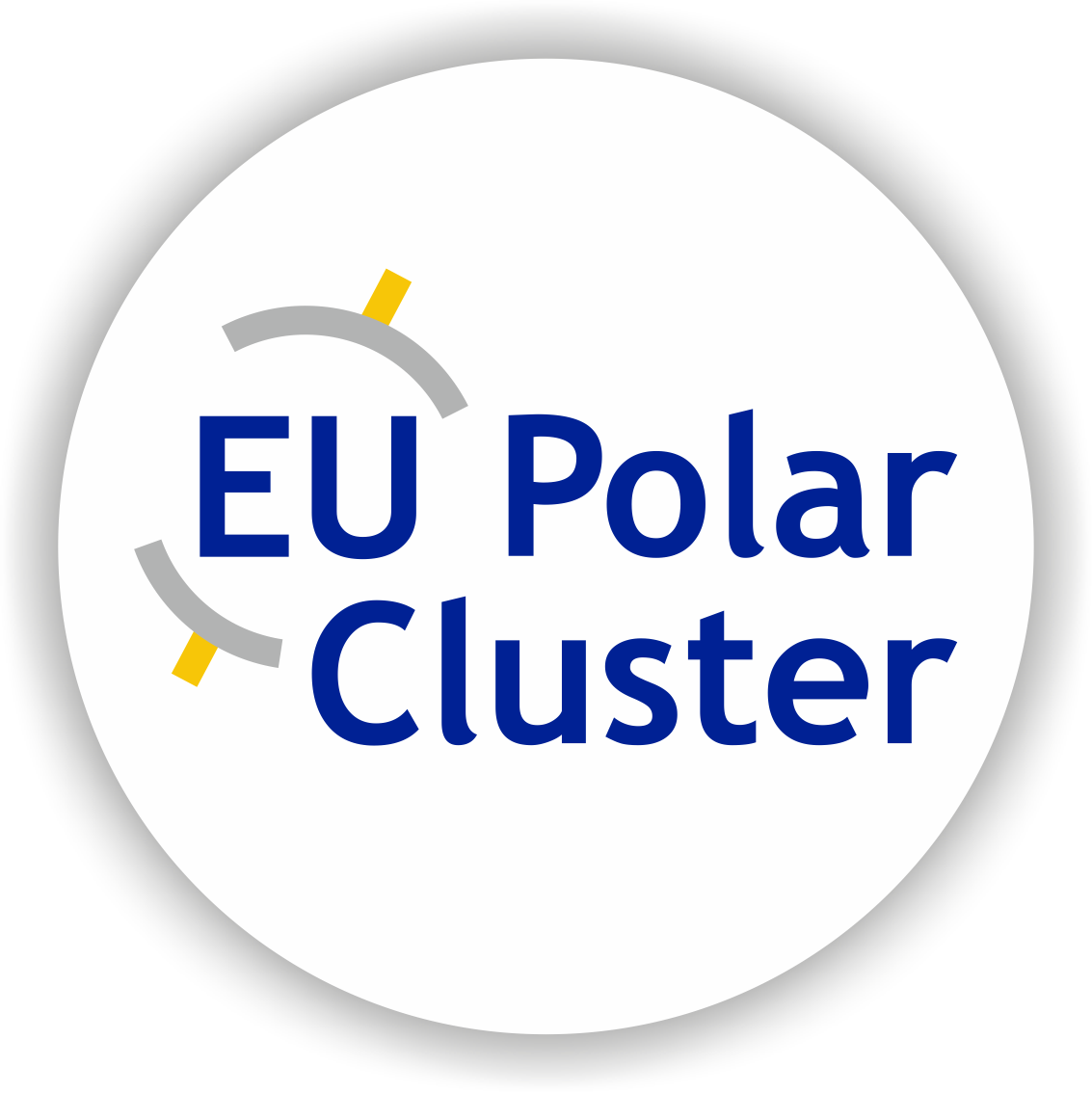The Arctic may look pristine, but chemical pollutants such as pesticides, dioxins, or heavy metals, among others, can reach these remote environments through the atmosphere and ocean currents. In fact, environmental monitoring studies have repeatedly reported the presence of these contaminants in Arctic samples, and wild fauna (particularly some marine animals) is often highly polluted.
The consumption of products derived from local animals, combined with the lack of quality control measurements to evaluate their contaminant load, leads to potential health risks that may go unnoticed and unaddressed.
Nevertheless, these traditional foods are often more than nutrition: they carry identity, tradition, resilience, connection to the nature, and sense of community. Maintaining food safety becomes therefore both a scientific and societal challenge.
Food safety research – From community diets to scientific insight
Researchers from ONIRIS are investigating these challenges by analyzing chemical contaminants in more than 100 representative food samples from Greenland and Iceland. Their aim is to evaluate the potential consumer exposure of the contaminants.
This study did not start in the lab, but within the community: before a single sample was taken, various teams of the project developed a dietary habit survey that was then distributed to local communities. More than 250 participants took part in the survey, and their responses helped ONIRIS understand which local food items are more relevant for current societies in different Arctic regions.
The questions included in the survey, such as “What did you eat yesterday through the day?” or “How frequently do you eat fish?”, allowed to choose which foods to analyze based on what people actually consume, and shaped a 125-item list including specific foods from Greenland and Iceland.
With this research, we intend to better understand where the exposure risks are, which foods are the safest, and which ones need closer monitoring. The results will start to come in throughout 2026, and they will be transmitted to local communities to share with them the knowledge to make informed choices and balance tradition with food safety.
Written by María Murcia-Morales and Gaud Dervilly from ONIRIS.
Stay tuned for more
Stay tuned on ICEBERG by subscribing to our newsletter and following us on social media:



